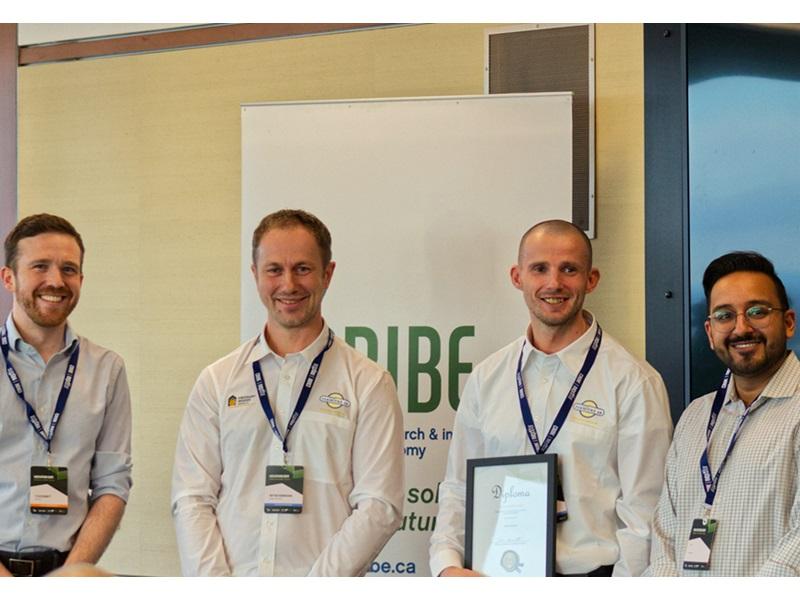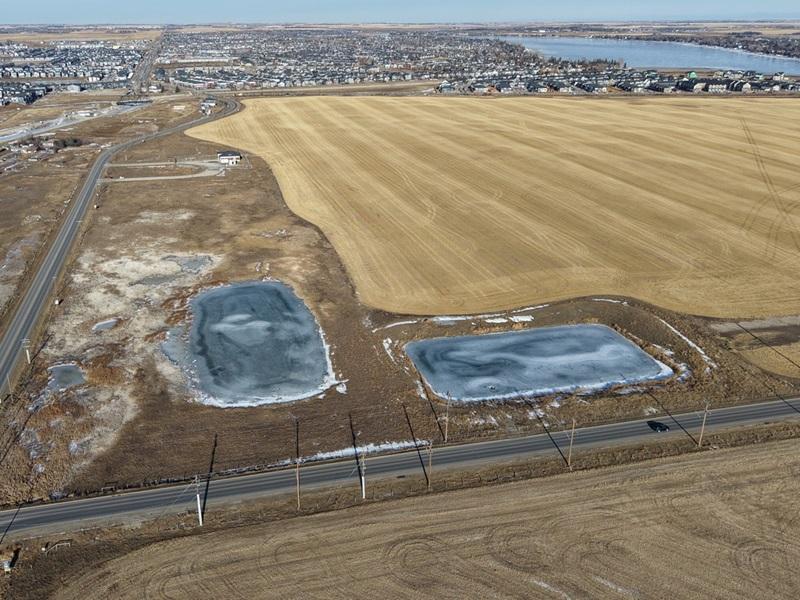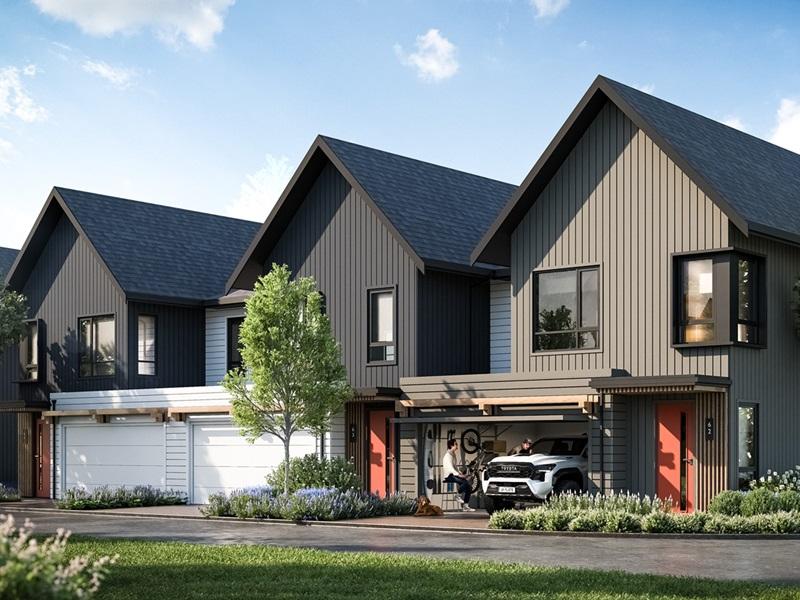
Winning the inaugural Built Green Canada Transformational Maverick award acknowledges a fundamental shift in focus by Major Homes, says the chief operating officer of the family-operated Vancouver custom homebuilder.
Founded in 2002 by Major Garcha, a long-time trades worker, the company was initially similar to most homebuilders using standard practices and not focused around sustainability, according to Rick Garcha, the chief operating officer and director of Major Homes.
Rick Garcha, who spoke to RENX Homes, got involved in his father’s company as a youth and formally joined the real estate industry in 2015 when he earned his real estate license and found work as a realtor. Looking to lower costs for homeowners and fulfil his desire to “build things that are more sustainable,” he pursued sustainability initiatives based on third-party organizations such as Built Green Canada starting in 2016.
“The main reason is to reduce the carbon footprint, ensure that we can reuse resources and make homes that are more sustainable. I realized at that time not a lot of people were going down that road,” Garcha explained.
While most in the industry were primarily focused on buying and selling houses, he wanted to ensure Major Homes stayed ahead of the industry in conforming to the BC Step Code that will require the construction of net-zero energy-ready homes by 2032.
How Major Homes prioritizes sustainability
Major Homes’ portfolio currently includes mainly custom-built, single-family homes and a few multifamily projects in the Fraser Valley and Greater Vancouver areas. The company has built over 100 homes since its founding, Garcha said.
Its completed sustainable projects in North Vancouver are:
- two six-bedroom homes on Doran Road that are 4,855 square feet and 4,909 square feet;
- two four-bedroom homes on Panorama Drive that are 3,028 square feet; and
- a 4,967-square-foot house on 328 East 21st St. with seven bedrooms.
Its two most recent projects are:
- a 6,444 square foot, five-bedroom house on in Langley, B.C. completed in February 2024; and
- a house in Maple Ridge, B.C. scheduled for completion in July, that will be 6,685 square feet and have eight bedrooms.
The main sustainability initiatives in its homes are: integrating renewable energy, incorporating energy and water efficiency, and use of green building materials.
Solar panels are installed on its custom home projects, or the buildings are constructed to be solar panel-ready. Energy-efficient HVAC systems, appliances, lighting fixtures and heat pumps are installed, as well as low-flow fixtures and gray-water recycling systems. Building envelopes, windows and doors are designed to promote energy efficiency.
To ensure sustainably-sourced lumber, Major Homes checks the origin of its building materials, Garcha said. Construction materials are recycled or reused if possible.
The depth of its sustainability focus garnered Built Green Canada certification for most of Major Homes’ projects since it began focusing on the sector - depending on the requirements of its clients.
The impact of its sustainability
From its sustainable choices, the most apparent benefits are in reducing the carbon footprint of its projects and minimizing resource waste. Garcha also emphasized the positive impact on the health of residents.
“We make sure that the air quality in the home is improved using eco-friendly building materials and ventilation systems,” he said.
Sustainable buildings also make sense financially, Major Homes argues.
The long-term cost savings from energy efficiency results in lower utility bills for homeowners, and the resale value is higher than comparatively less sustainable builds. Environmentally minded buyers will also be attracted, the homebuilder says.
An award-winning homebuilder
Garcha said the company is excited and happy to have earned the award. It also sets an example for other homebuilders, he said.
“It’s the first year of the awards so we’re hoping it drives more builders to get involved with Built Green.”
With other builders being pushed to sustainability from green building certifiers and B.C.’s Step Code that will increasingly mandate energy efficiency and net-zero buildings, he sees peers stepping up in the field with new Passive House design and net-zero homes.
Major Homes plans to build more homes in North Vancouver, help a new homebuilder in its early stage, and find “ways to do better than what we’ve already built” in sustainability, Garcha said.










